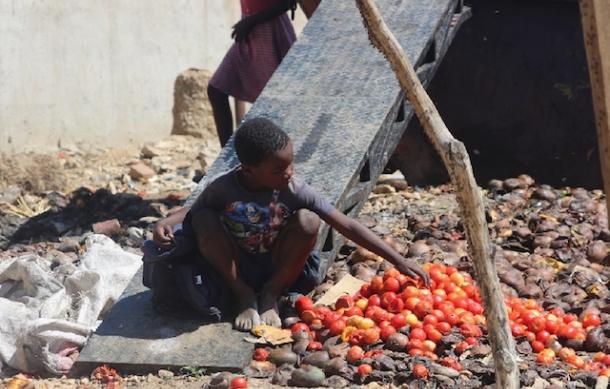
172,000 households are expected to face high levels of acute food insecurity between March 2023 and June 2024 and will require urgent humanitarian assistance.
This was stated by Prime Minister Saara Kuugongelwa-Amadhila when she briefed MPs in the National Assembly today on the outcome of the Namibia Livelihood Vulnerability Assessment and Analysis.
The below-normal and sporadic rainfalls received, coupled with flash floods and dry spells in some parts of the country, have subjected communities to the prospect of lower crop yields, impacts on livestock, and ultimately reduced household food stocks, compromising food security at household levels.
With the anticipated El Niño, which is likely to affect the country during the 2023–24 agricultural season, the situation in the country will be negatively affected due to more dry weather and limited rainfall.
To remedy the situation, the government will roll out the drought relief programme, that is, food assistance and water provision, to drought-affected households in all 14 regions from October 1 to June 2024 for food relief.
"On the reported cases of hunger among the marginalised Ovatjimba communities in Otjikojo, a village located 25km west of Okangwati in the Kunene region, the Office of the Prime Minister and the Ministry of Gender Equality, Poverty Eradication, and Social Welfare have provided the food assistance required. This intervention was necessary, and the government would act promptly to address such vulnerabilities."
Kuugongelwa-Amadhila also emphasised that poor grazing conditions in most regions across the country are affecting the livestock boarding commission.
Furthermore, the Prime Minister noted that cases of malnutrition have also been reported in some parts of the country, and the Ministry of Health and Social Services will continue with the nutrition programme aimed at assessing acutely malnourished people and referring diagnosed cases to existing feeding programmes.
The vulnerability assessment and analysis were conducted by staff members from various offices, ministries, agencies, and regional councils from May to July this year across all 14 of the country's regions.





